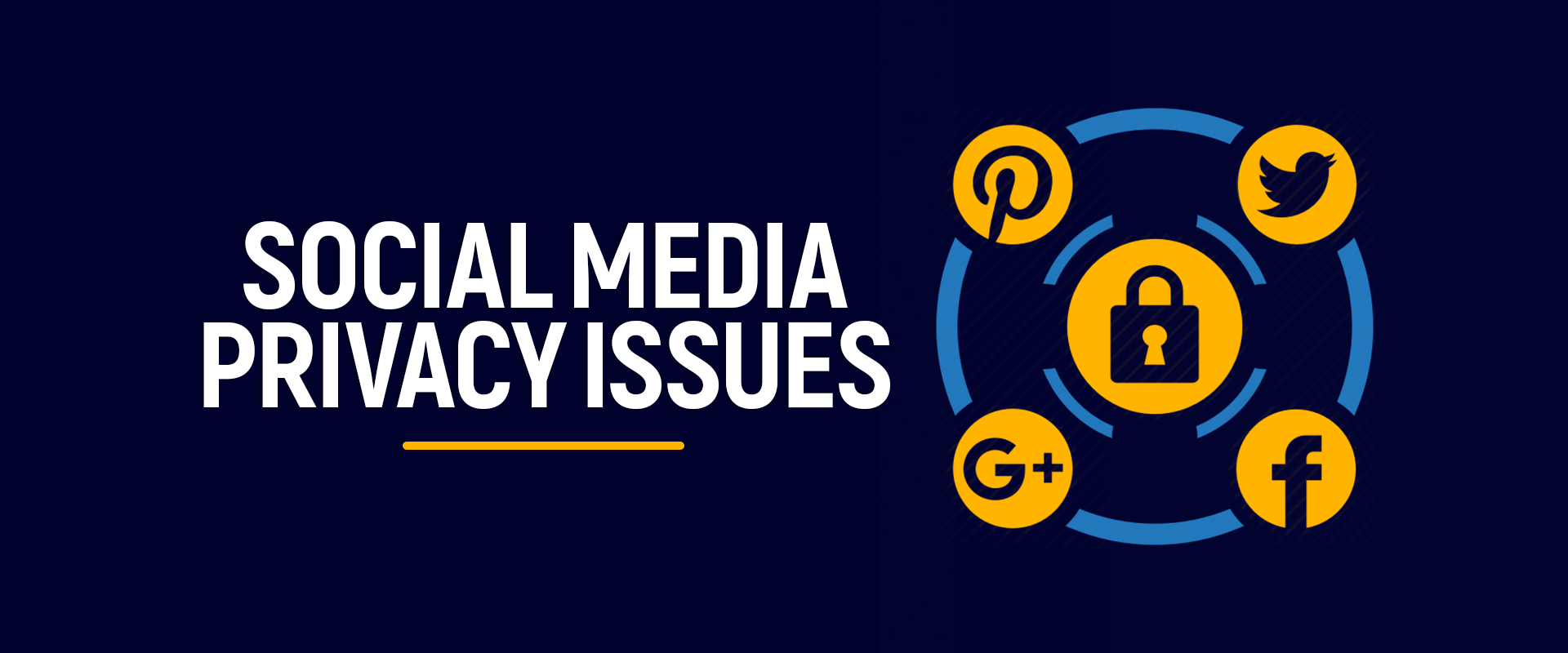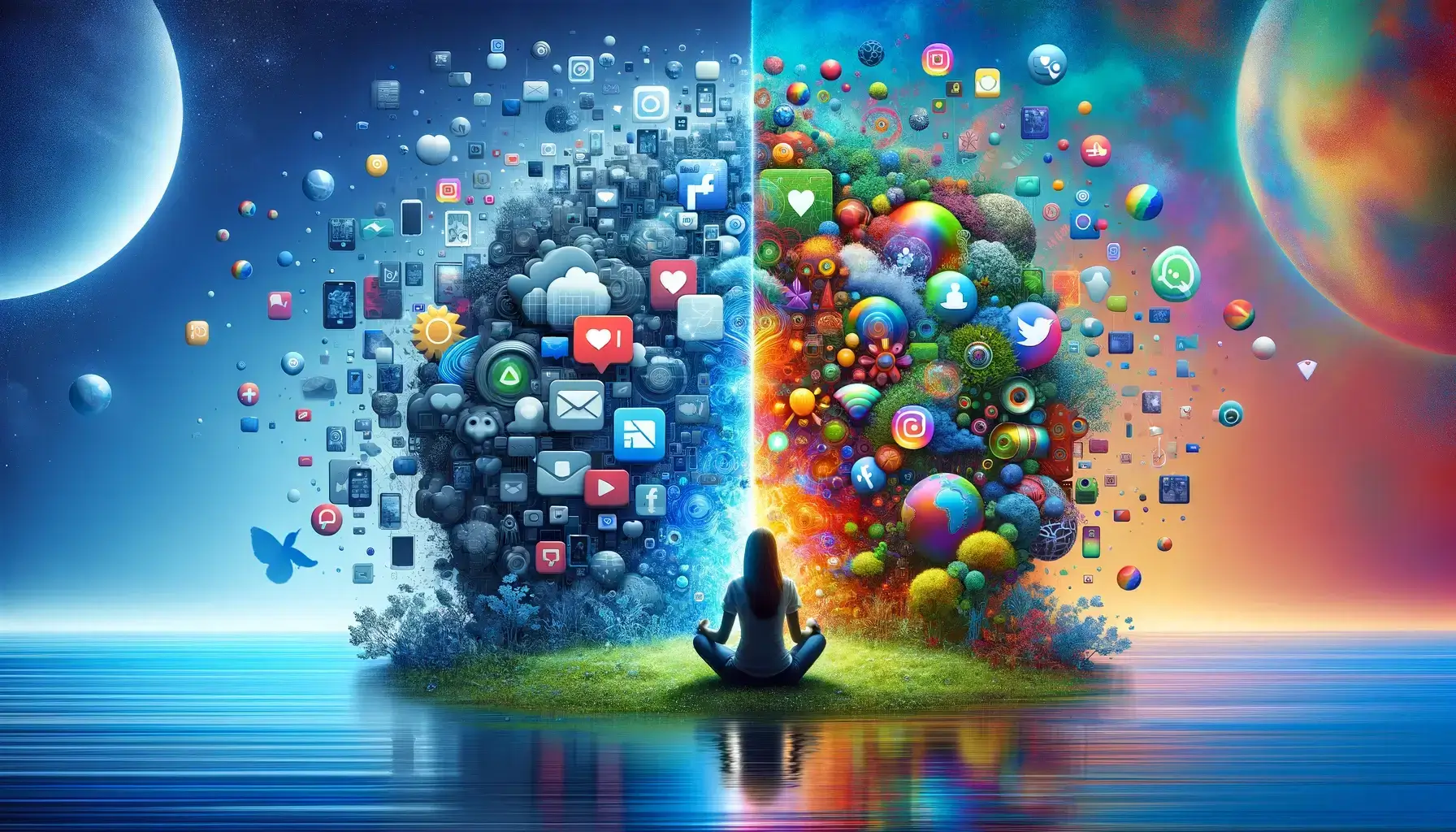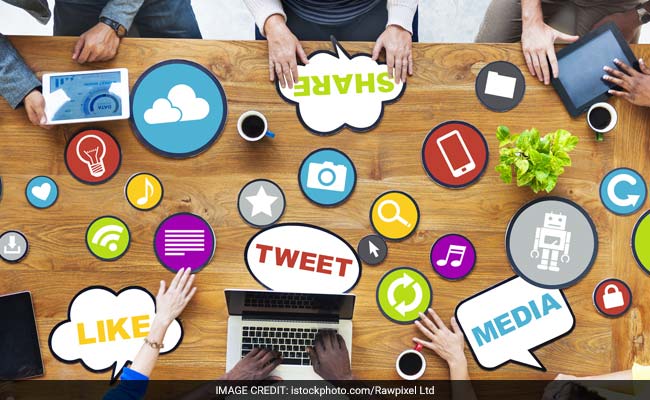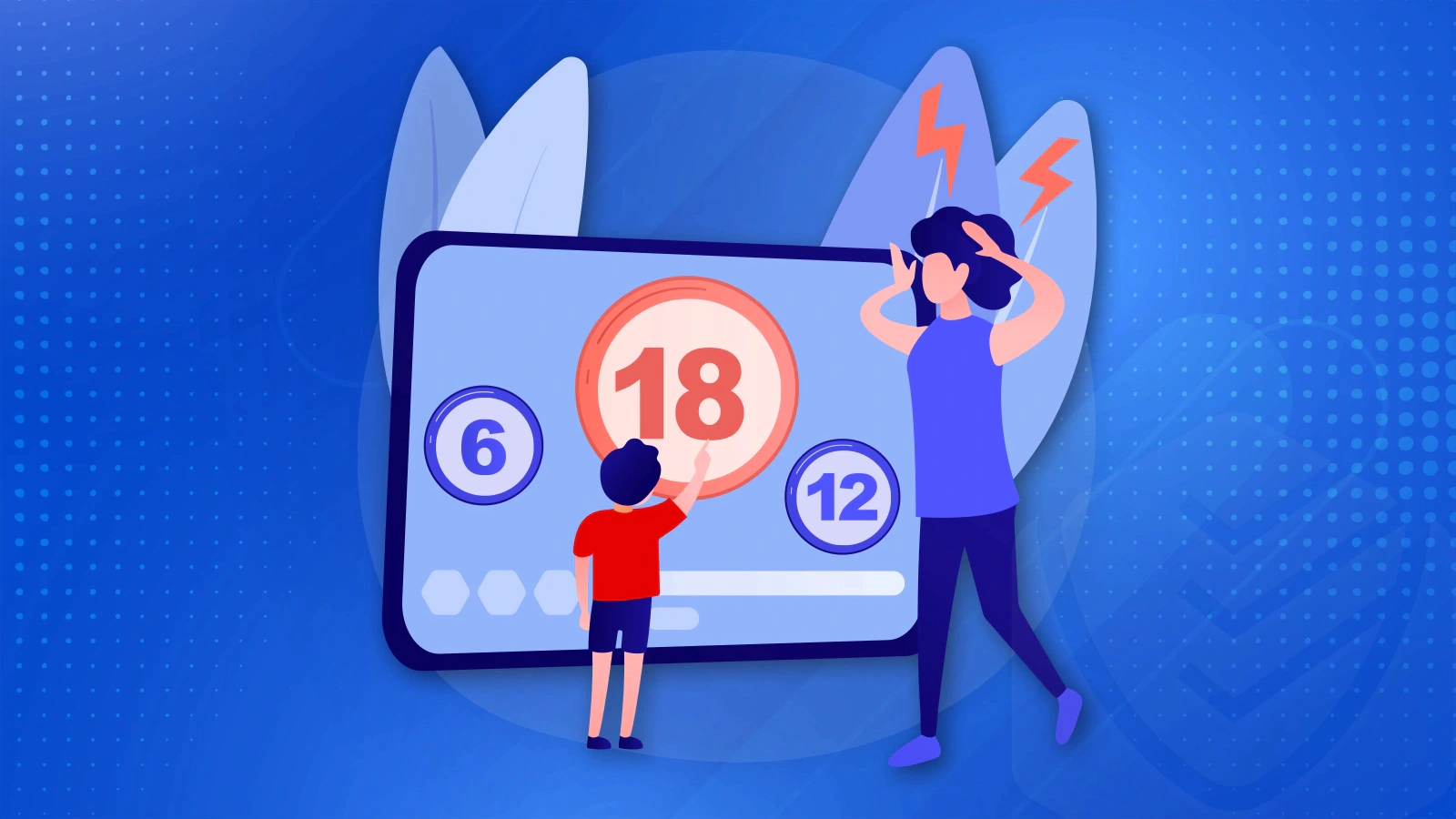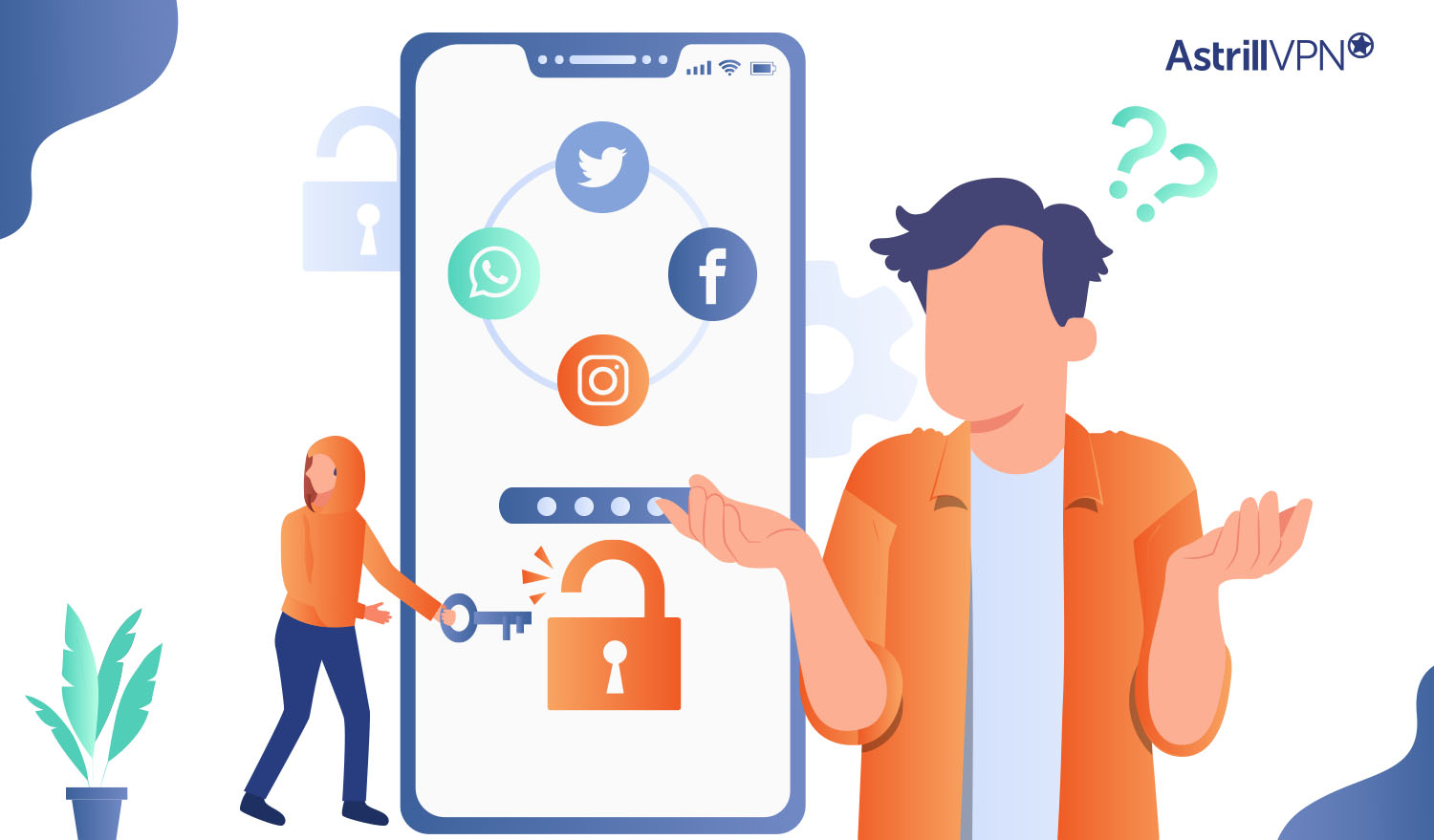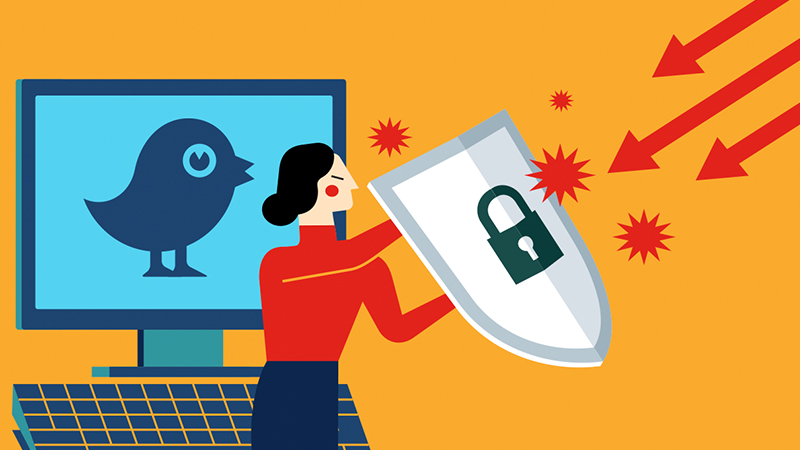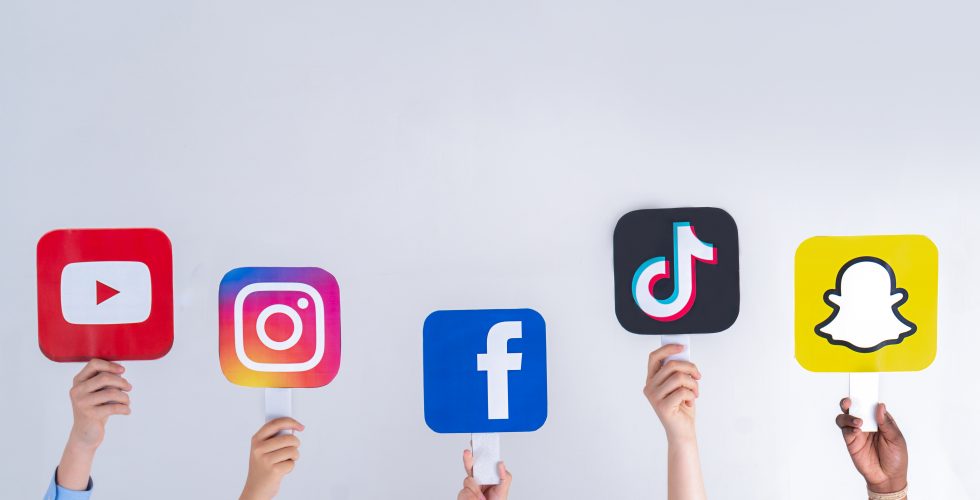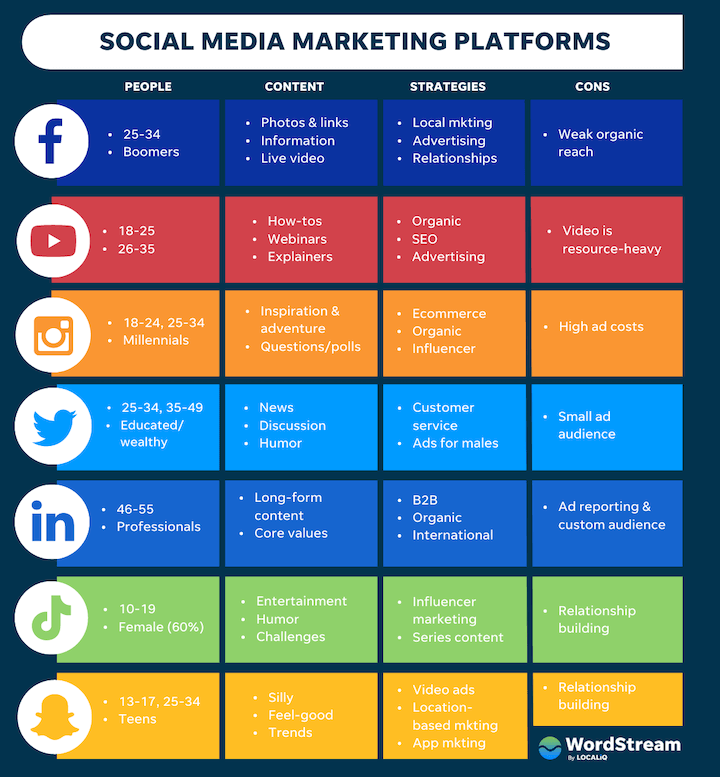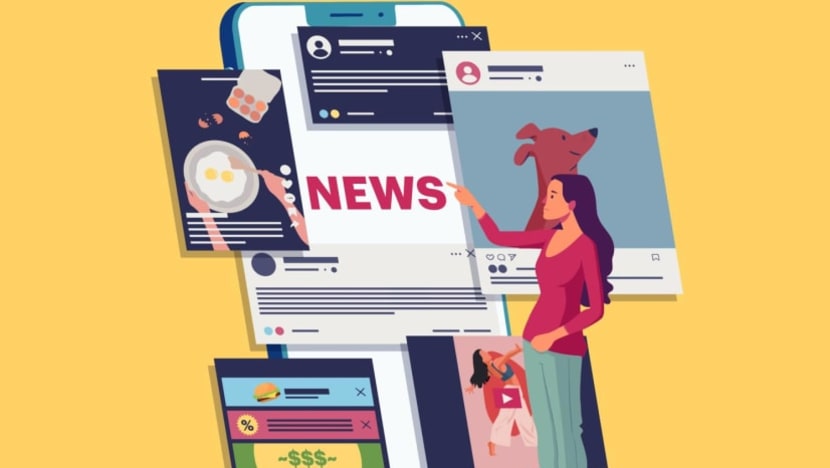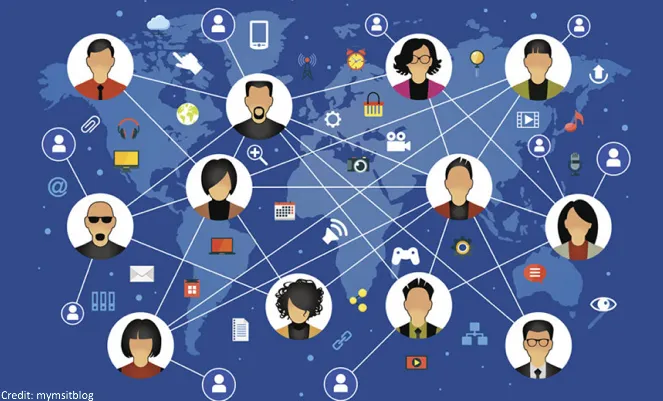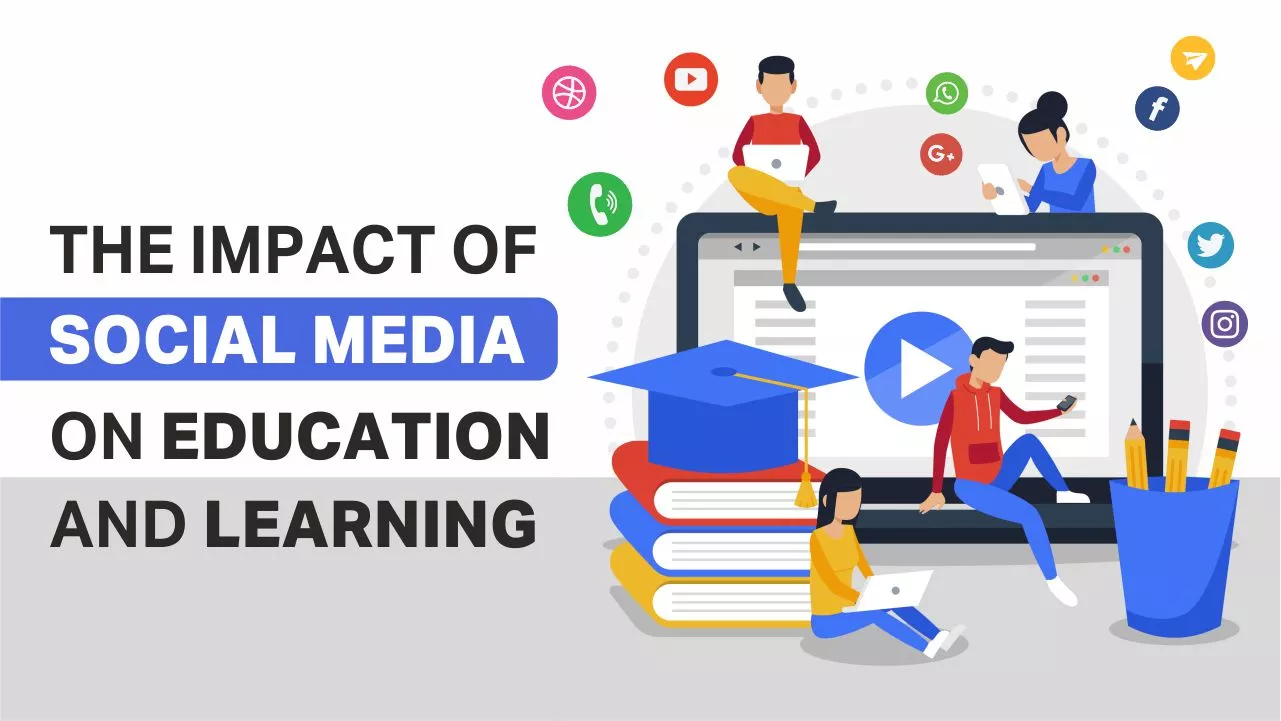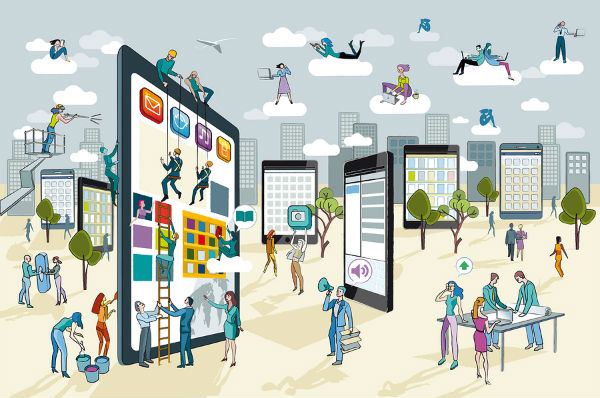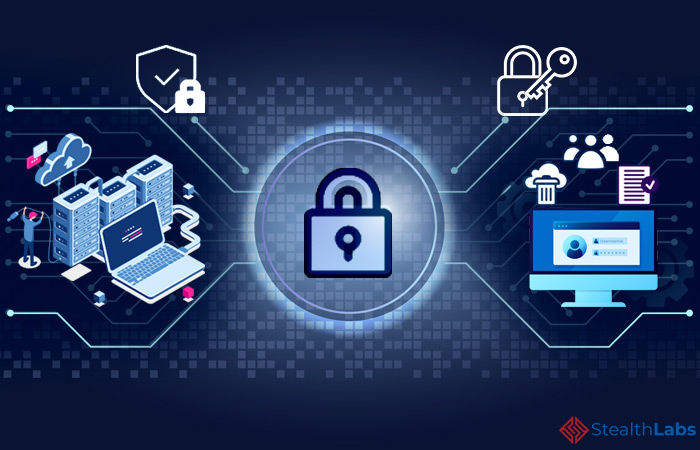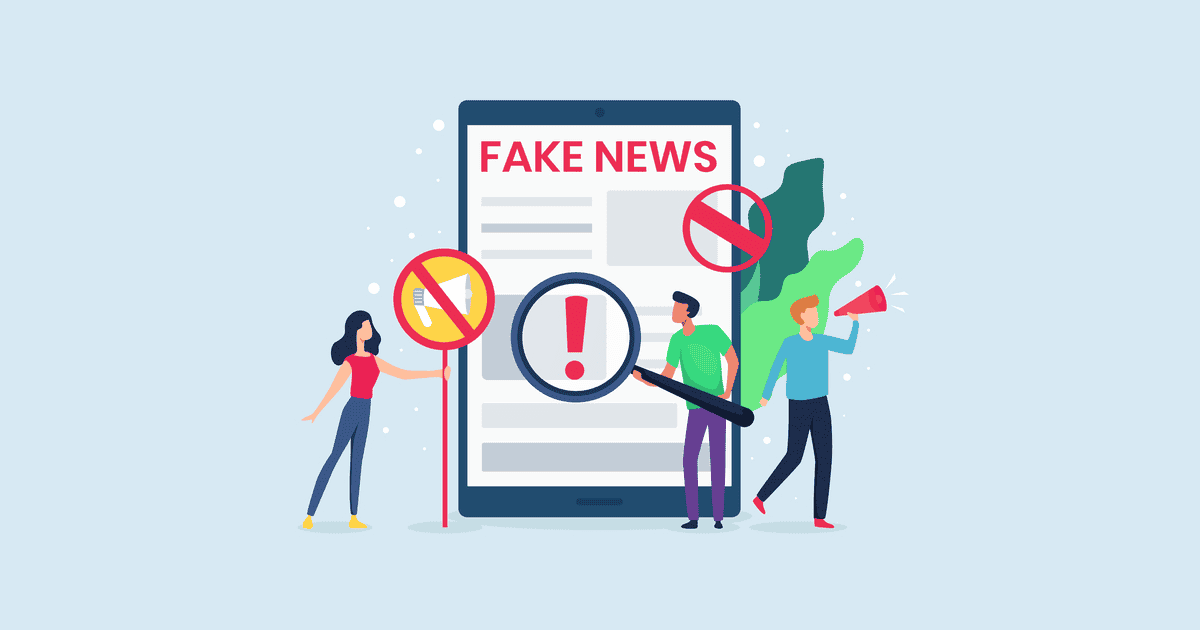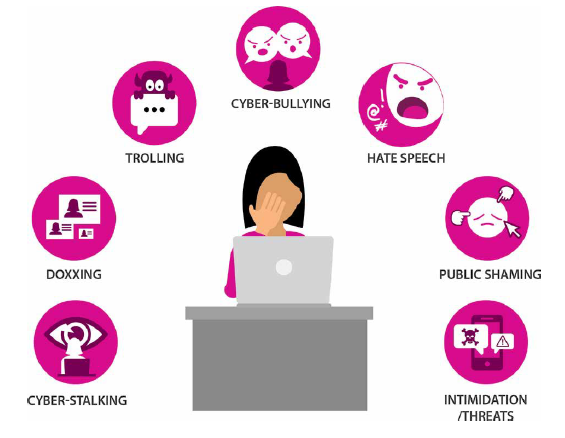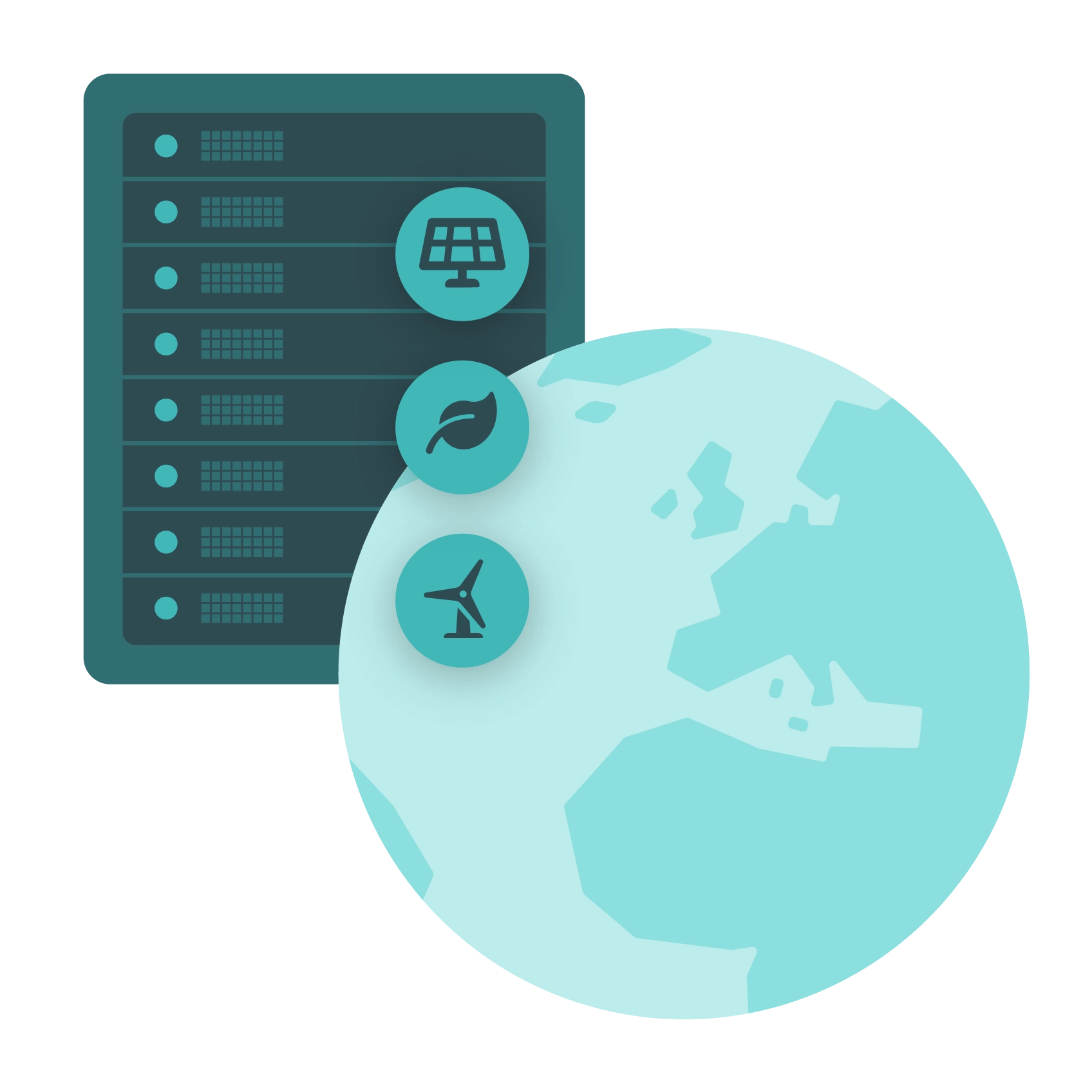- Privacy Issues: The amount of personal information shared on social media raises serious privacy concerns. Sensitive data can be collected and used without users' consent, leading to problems like identity theft, fraud, and commercial exploitation of personal information.
- Harassment and Cyberbullying: The anonymity and ease of communication on social media can lead to harassment and cyberbullying. Victims of these behaviors can suffer severe emotional and psychological consequences, including anxiety, depression, and, in extreme cases, suicidal thoughts.
- Spread of Misinformation: Social media is a vehicle for the rapid spread of misinformation and fake news. This dissemination of incorrect information can influence public opinion, cause panic, and affect important decisions in areas like politics, health, and the economy.
- Addiction and Mental Health: Excessive use of social media can lead to addiction and negatively impact mental health. The constant need to stay connected and exposure to social comparisons can cause anxiety, depression, and a decrease in self-esteem.
- Impact on Productivity: Social media can be a significant distraction, affecting productivity both in academic and work environments. The time spent checking and updating social media can reduce the time available for important tasks and affect overall performance.
- Exposure to Inappropriate Content: Without proper supervision, minors can be exposed to inappropriate content on social media, including violence, pornography, and dangerous behaviors. This can negatively impact their development and well-being.
- Negative Effects on Personal Relationships: Excessive use of social media can interfere with personal relationships. The preference for digital communication over face-to-face interactions can lead to misunderstandings, ineffective communication, and a sense of disconnection among people.
- Loss of Data Privacy: Social media platforms collect a large amount of data about their users, which can be sold to third parties for commercial purposes. This can result in a significant loss of privacy and the use of personal data without the user's knowledge or consent.
- Social Comparison and Low Self-Esteem: Social media often presents an idealized version of people's lives, which can lead to social comparisons and a distorted perception of reality. This can negatively affect users' self-esteem and emotional well-being.
- Vulnerability to Cyber Attacks: Social media accounts are vulnerable to cyber attacks, including hacking and phishing. Users can become victims of information theft, identity impersonation, and other cybercrimes, which can have severe financial and personal consequences.
